What's it like to be a young person with mental health issues?

Guardian.co.uk - Who am I? A 21-year-old female? Student? Mental illness and eating disorder sufferer? Self-harmer? Vegetarian? Or an animal lover? I am all of these things, yet none of these things. I am just me. If diagnoses were put on the end of your surname, like qualifications, I would look rather qualified! But these labels don't aid and benefit me like qualifications would. It is time professionals stopped treating people as disordered statistics, and instead saw us as people. Ordinary humans, who just happen to have problems. After all, everyone has problems, don't they? Perhaps our problems just affect us a little more than normal. But what is normal? The only normal I know is the setting on a dishwasher. Over the years I have met many so-called "professionals" – doctors, nurses, social workers and psychiatrists who apparently excel in their field. But most have actually made me feel worse. I don't doubt that on the majority of occasions their intentions have been good, but instead of helping me, they have just diagnosed, medicated and hospitalised me. Of course, that is often necessary and beneficial, but the most important and helpful "treatment" is to be listened to, and believed. Sadly, many professionals seemingly fail to do this. The attitude of these professionals and the general public is obviously influenced by the media to some extent. It's not rare to see a headline such as "Prisoner with personality disorder attacks staff". Is it any wonder that the majority of people think having a personality disorder indicates that you are a dangerous, reckless, violent criminal? Some could argue for freedom of speech, but for those like me who happen to be diagnosed with a personality disorder (regardless of my opinions on the use of this "label"), such statements and inaccurate beliefs only add to our problems. The hope of recovery sometimes seems impossible in a world that functions on stereotypes and stigma.
Saad Butt, 21, London
It has been six years since my father died of a heart attack. Being the eldest, I looked after my mum and my younger brother and sister, as well as myself. I was 15. My GCSEs were a pressurised time and things weren't easy. I had to grow up fast. My father and I didn't always have the best of times. Why was it that we were so close and yet so distant? Why is it we wait so long to tell those close to us the way we feel about them? To lose someone close and still live and breathe each day was a big struggle. I had attacks of depression, identity crises and suicidal thoughts. There didn't seem to be anyone who could help and it didn't feel like counselling services were available either. But I kept on going, suffering in silence, living in the hope that one day things would be better. Before my dad died, I was involved in my community with the local youth parliament. That kept me going, but when I found a mentor through my community work to talk things through with, things started to change. At 18, I found in him the dad I never had. He became my guardian, had a deep-rooted concern for me, and took an interest in my studies and my extracurricular life. My emotions started to become a positive driver in my life. I love him more than anything in the world. Now I never take anything for granted; I've become more focused, more concentrated on what I want in life. My relationship with my mother has become closer. I'm studying for a law degree and I'm still involved with local youth issues – for example, as a member of the British Transport Police youth board. I'm getting married in the summer and looking forward to that and the new life that comes with it. I've also learned that it's important to get help and talk to someone you trust. Above all, have faith, stay positive and cool about life, and go with the flow – it isn't always as bad as it may look.
Celeste Ingrams, 24, Southampton
The most difficult thing is how people have reacted to my mental health problems. It made me think I was dangerous due to what was going on inside my head. This perception became almost a sense of identity that made me feel secure and reaffirmed my belief that I was "crazy" and uncontrollable. It took me a long time to realise that my "craziness" was my mind coping with the emotions that were reactions to me feeling unsafe and anxious. It is hard to admit vulnerable emotions and this denial came out in my behaviour, which I'm not proud of, but I couldn't communicate my feelings in any other way. I often kicked against everything, which was self-destructive and led to people being hurt. Although I feel guilty about this, if I'd not gone through this process then I wouldn't have been able to learn from my mistakes. How I manage is I don't get too caught up in what's wrong with me or how others make sense of what I do, but I stay in touch with my emotions. I use coping skills to steady myself, and prevent things getting out of control, often by spending my time expressing myself in more creative ways with art and writing. My experience of living in institutions – NHS or local authority psychiatric units, or residential therapeutic communities – was about feeling controlled and not supported. I think this affected my ability to believe or trust in myself. I try now not to feel caged by stigmas and stereotypes. I know it can be extremely difficult to do this in our society.
• Rachel, Saad and Celeste are all members of mental health charity YoungMinds


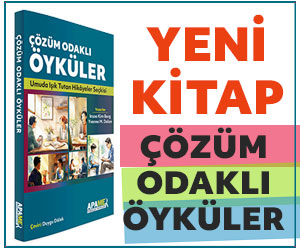


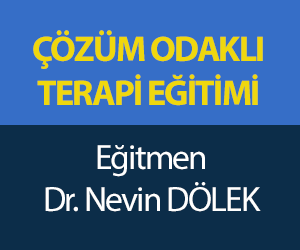
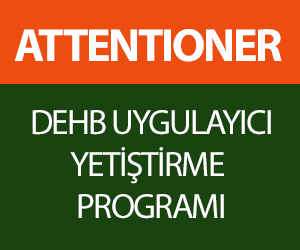
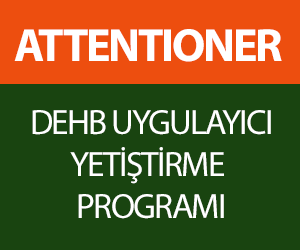
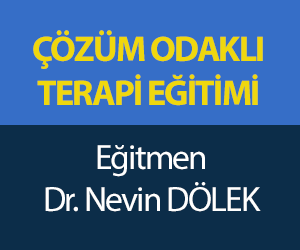
Türkçe karakter kullanılmayan ve büyük harflerle yazılmış yorumlar onaylanmamaktadır.